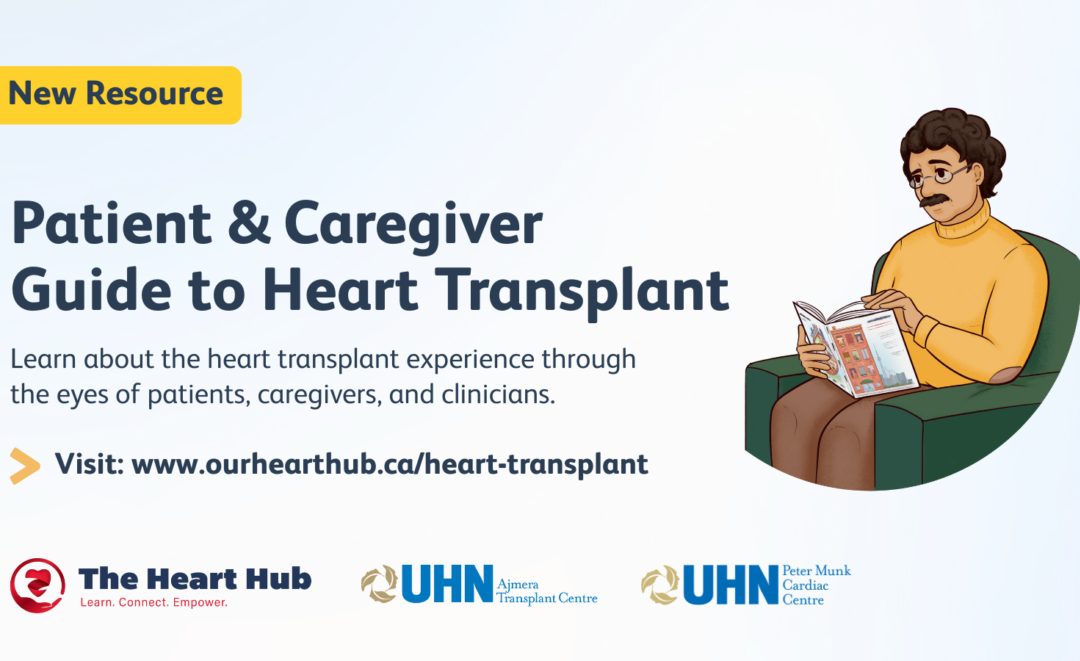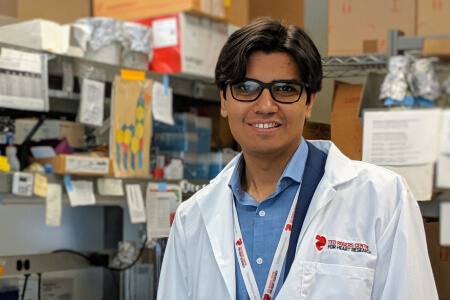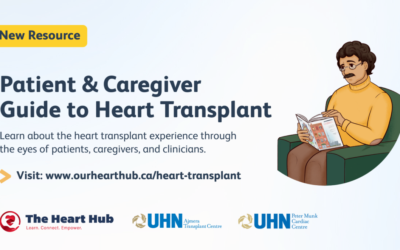Congenital heart disease (CHD) is the most commonly occurring birth anomaly. Despite a strong genetic basis, almost 90% of cases remain genetically undiagnosed. However, the surge of new technology is enabling a search for hidden gene defects not detectable on standard genetic testing. With this opportunity in mind, Robert Lesurf, senior bioinformatician and data scientist at The Hospital for Sick Children (SickKids), has been investigating ways to find genetic variants that cause CHD. The collaborative efforts of an international team of researchers from Canada, the Netherlands, Germany and Australia (https://theheartcentrebiobank.com/proceed/) led by Dr. Seema Mital, Scientific Lead at the Ted Rogers Centre for Heart Research and Head of Cardiovascular Research at SickKids, have uncovered exciting results, published in Genome Medicine today.
Some variants, called non-canonical splice variants, can change the function or expression of genes. Unfortunately, these variants are not typically detected by routine genetic testing since they often lie outside protein-coding regions. Identifying this gap, the team went to work by combining genome sequencing with RNA-Sequencing of heart muscle from CHD patients. This helped them identify splice-disrupting variants that were specific to the heart and were found to affect 95 different genes. Using AI, the team built a model that included the unique features of these heart disease specific variants. The new model was able to detect these variants in 12% of patients with congenital heart disease, a remarkable increase in diagnostic yield! This large study involving over 1100 patients was made possible through an international partnership that brought together patient participants from four countries.
The results represent a significant step forward, demonstrating how machine learning can drive breakthroughs in diagnosing the cause of disease, where standard testing falls short. This new model is being converted into a tool that physicians, geneticists and genetic testing laboratories can use to help find the missing genetic cause of CHD. This research lays the groundwork for developing precision therapies that target gene function in patients with these types of genetic defects, and help mitigate the lifelong consequences of congenital heart disease.
















